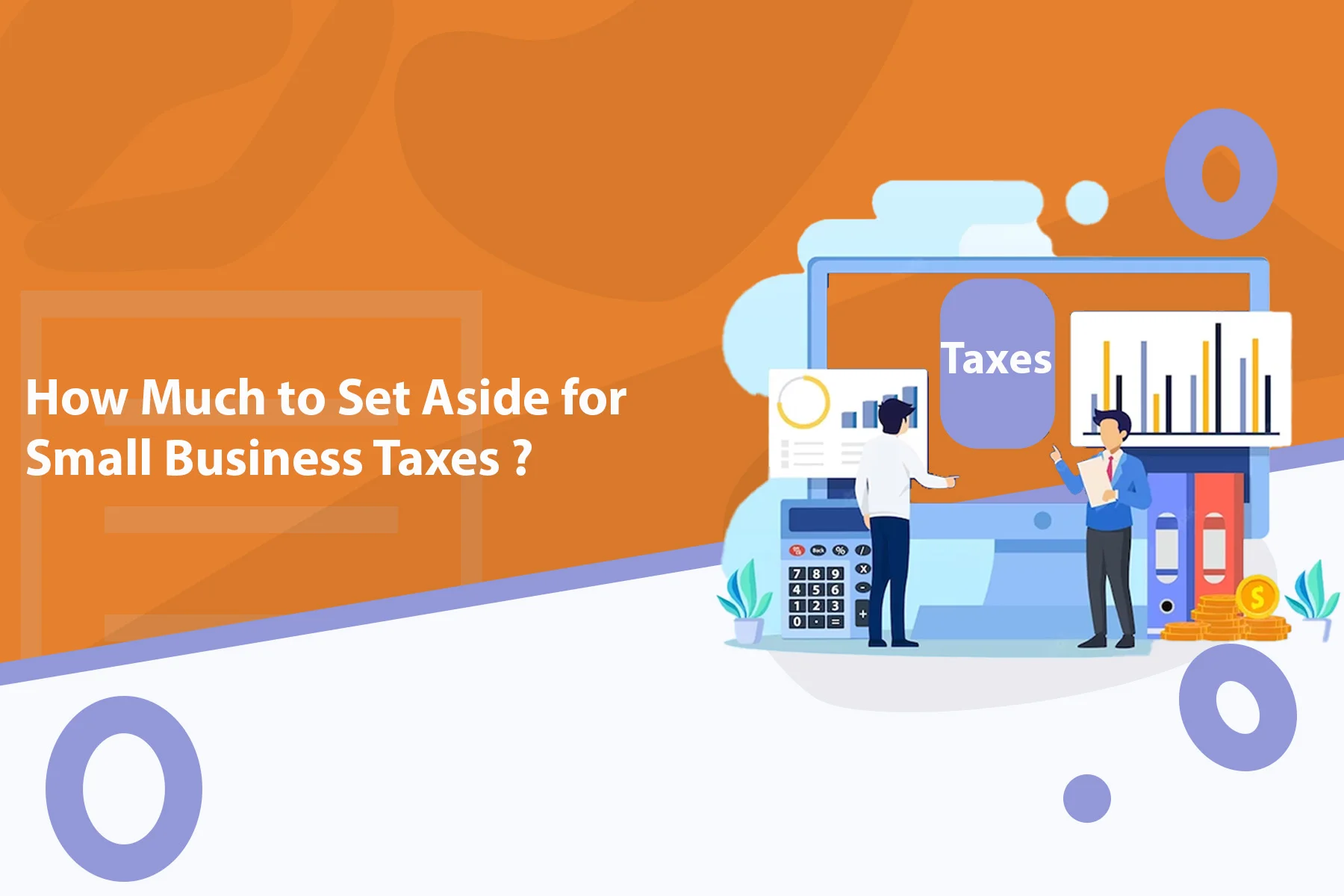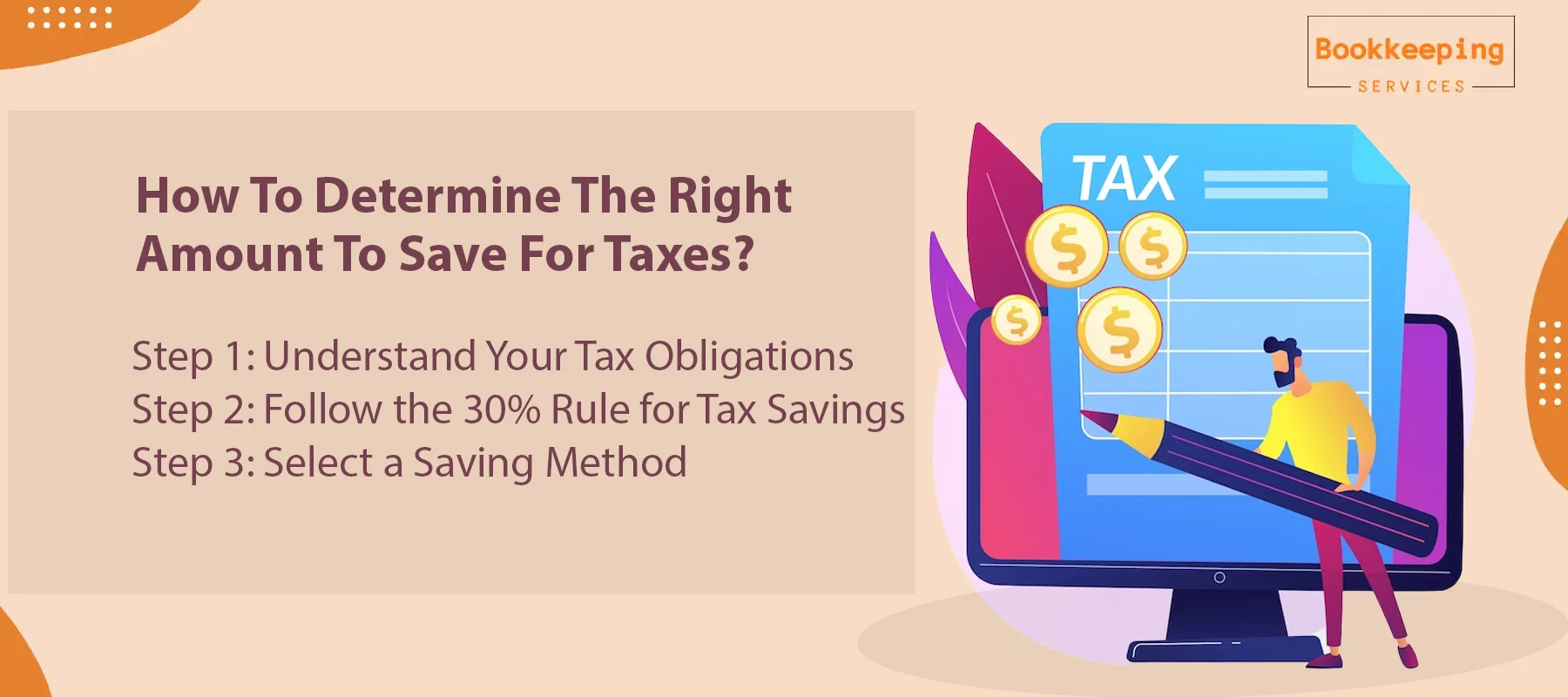
How Much to Set Aside for Small Business Taxes?
Welcome to our blog, where we dive into the essential topic of small business taxes. As an entrepreneur or aspiring business owner, it's crucial to understand the financial responsibilities that come with running a company. One aspect that often catches small business owners off guard is the amount they must set aside for taxes. In this article, we'll break down the factors that determine your tax obligations and provide you with practical tips to calculate and prepare for your small business taxes.
How Much Do Small Businesses Pay in Taxes?
The amount that small businesses pay in taxes can vary widely depending on several factors. The specific tax obligations and rates differ based on the country, state, and local jurisdiction where the business operates. Additionally, the legal structure of the business (e.g., sole proprietorship, partnership, corporation) and the industry it belongs to can also impact the tax liabilities.
Here are some common taxes that small businesses may be responsible for:
1. Income Taxes
Small businesses are generally required to pay income taxes on their profits. The tax rate for businesses can vary, and some jurisdictions have a progressive tax system where higher profits are subject to higher tax rates.
2. Self-Employment Taxes
If you are a sole proprietor or a partner in a partnership, you may be responsible for self-employment taxes, which include Social Security and Medicare taxes. These taxes are typically based on your net self-employment income.
3. Employment Taxes
If your small business has employees, along with Payroll Management, you'll need to withhold and pay employment taxes, including federal and state income taxes, Social Security taxes, and Medicare taxes. You may also be responsible for paying unemployment taxes.
4. Sales Taxes
Depending on your location and the type of products or services you sell, you may be required to collect and remit sales taxes. Sales tax rates and regulations can vary widely, so it's important to understand the rules in your specific jurisdiction.
5. Property Taxes
If you own real estate or tangible personal property (such as equipment or inventory), you may be subject to property taxes. The rates and assessment methods for property taxes are determined by local authorities.
6. Excise Taxes
Certain industries, such as alcohol, tobacco, gasoline, and telecommunications, may be subject to excise taxes on specific products or activities.
How Are Small Businesses Taxed?
When it comes to small business taxation, the majority of small businesses don't pay the corporate tax rate for their federal income tax. Approximately 75% of small businesses fall into the category of "unincorporated pass-through entities." This means they are subject to the owner's personal income tax rate rather than a separate business income tax rate.
Owners include their small business income when filing their personal taxes, which leads to their income tax rates being calculated based on their total earnings, including business income. To determine the percentage of tax you'll owe based on your income, you can refer to the current Federal Income Brackets.
For example, if your income falls between $40,526 and $86,375, you'll be charged a base fee of $4,664 plus an income tax rate of 22% on the amount exceeding $40,525. The average small business owner earns around $64,474 per year. Applying the aforementioned calculation, an owner making $64,474 would be taxed approximately $9,932.78.
Additionally, each state has its own income tax rates. By using a state tax calculator, you can estimate the state tax amount based on your income. For instance, in New York, a $64,474 income would result in a state income tax of approximately $3,262.18. Therefore, the total federal and state taxes in New York would amount to $13,194.96, leaving you with a net after-tax income of $51,279.04.
It's important to note that tax rules vary depending on your business structure. Sole proprietorships, which constitute over 70% of small businesses in the U.S., report business income on personal taxes. Partnerships, on the other hand, have multiple owners who report their share of income individually. Corporations, as separate legal entities, pay taxes on their income at a flat rate of 21%.
Limited Liability Companies (LLCs) have varying tax rates depending on their business structure—sole proprietorship, partnership, or corporation. While the taxation process for small businesses may seem complex, understanding the different structures and applicable rates can help you navigate your tax obligations effectively. Consider consulting with a tax professional for personalized advice or read Tax Guide for Small Businesses to identify any available deductions that can help minimize your tax burden.
When Do I Pay Small Business Taxes?
| Income Period | Taxes Due Date |
|---|---|
| January 1 to March 31 | April 15 |
| April 1 to May 31 | June 15 |
| June 1 to August 31 | September 15 |
| September 1 to December 31 | January 15 (next year) |
If you anticipate owing at least $1000 in taxes for the year (which most small business owners do), you need to estimate and pay quarterly. These are the Tax Due dates for each income period. Make sure to stay on top of your tax obligations by using an accounting system or consulting with a tax professional.
How to determine the right amount to save for taxes?

Step 1: Understand Your Tax Obligations
- Determine the federal taxes your business owes, including self-employment tax and income tax.
- Pay these federal taxes to the IRS through quarterly tax payments.
- Consider hiring employees, which involves dealing with employment tax or payroll tax.
Step 2: Follow the 30% Rule for Tax Savings
- Save approximately 30% of your business income to cover federal taxes.
- According to experts, setting aside 30-40% of your earnings should be sufficient to cover both federal and state taxes.
- Consult with a CPA to determine the specific percentage of your business income that should be saved for taxes.
Step 3: Select a Saving Method
- Choose a saving method that suits your business and its duration of operation.
- There are various approaches to setting aside money for small business taxes.
- Select the best savings method based on your specific business needs and circumstances.
How Can We Help You?
OurBookkeeping is here to support small business owners with their tax obligations. We offer expert tax planning, accurate record-keeping, timely quarterly tax payments, compliance assistance, and personalized support. With our services, you can navigate the complexities of small business taxes with ease, ensuring accuracy and compliance while freeing up your time to focus on growing your business. Trust Our Bookkeeping Services to handle your tax needs and provide you with peace of mind.
Previous Post